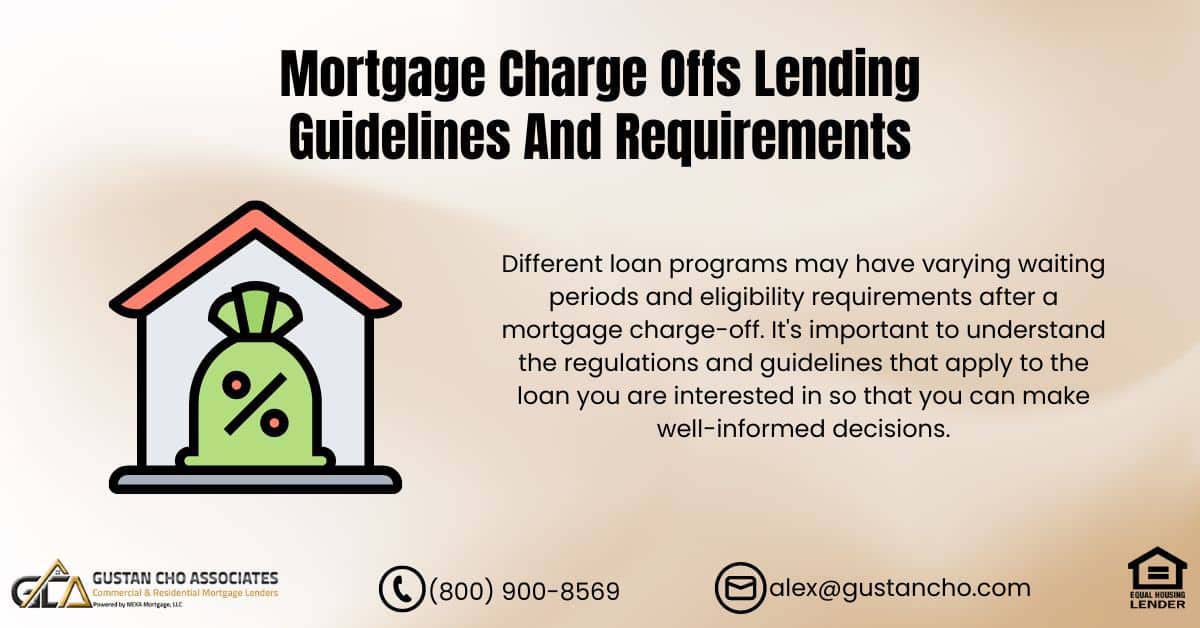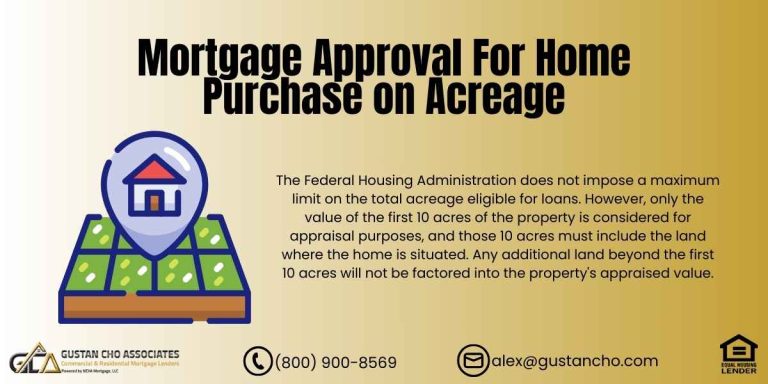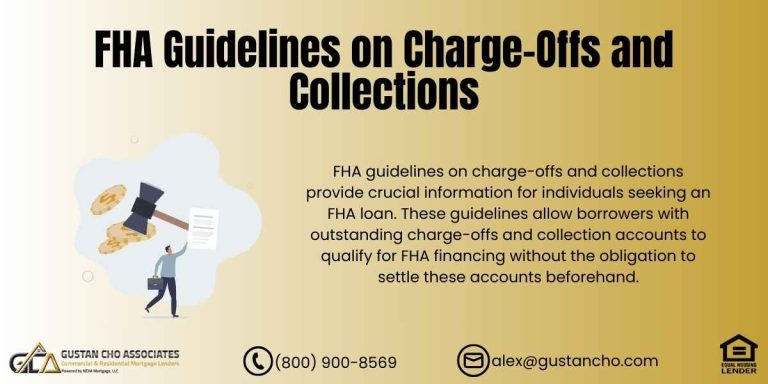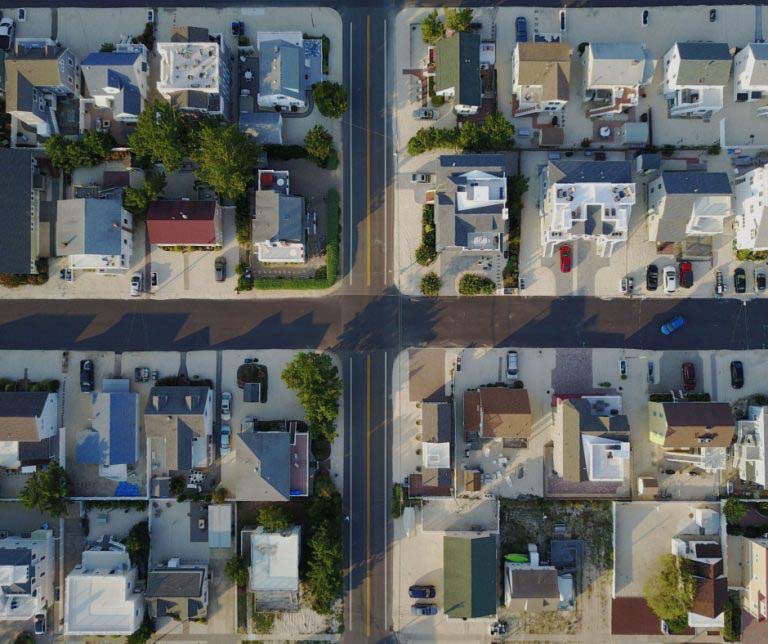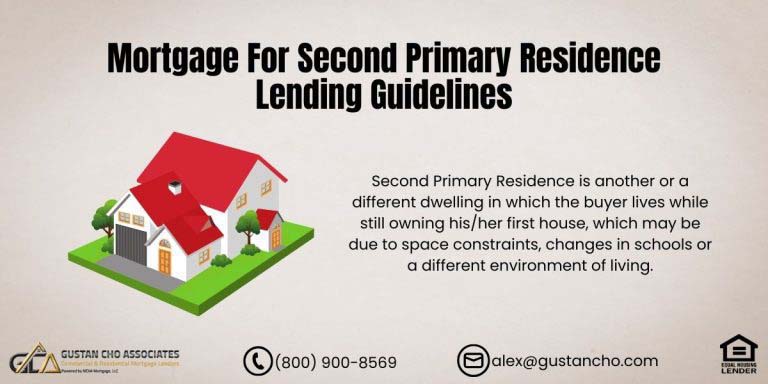Mortgage Charge Offs Lending Guidelines: Your Guide to Homeownership in 2025
Have you experienced a mortgage charge off and need clarification on what it means for your future as a homeowner? The good news is that even if your mortgage has been charged off, there are still opportunities to purchase or refinance a home.
We will simplify the mortgage charge offs lending guidelines in 2024 so that they are easy for you to comprehend.
What Is a Mortgage Charge Off?
A mortgage charge off happens when your lender deems the remaining balance on your loan as uncollectible and writes it off for tax purposes. However, this doesn’t mean you’re off the hook. You are still responsible for paying back that balance, which can continue affecting your credit.
Have a Mortgage Charge-Off? See If You Can Still Get Approved for a Home Loan
Apply Online And Find Out If You Qualify for a New Loan Today
Why Do Mortgage Charge Offs Happen?
- Missed Payments: The lender may charge off the debt after a series of missed mortgage payments.
- Foreclosure Deficit: If your home was sold in foreclosure but didn’t cover the full loan amount, the remaining balance may be charged off.
Quick Tip: A mortgage charge off can be seen as a negative mark on your credit, but it doesn’t mean you can’t recover and purchase a new home. Understanding mortgage charge offs lending guidelines will help you navigate your next steps.
How a Mortgage Charge-Off Impacts Your Credit
When a mortgage is charged off, it can significantly harm your credit score, usually causing a drop of over 100 points. The charge off will remain on your credit report for seven years, which will make it more difficult to obtain a new loan.
Effects on Your Credit:
- Double Damage: If your home was foreclosed and you also had a charge off, these negative items may appear separately on your credit report.
- Perception of Risk: Lenders might see a charge off as a sign that you didn’t take responsibility for the debt, even if you had no control over the situation.
2025 Update: Mortgage lenders are becoming more flexible due to economic changes but still rely on a solid credit history. Following mortgage charge offs lending guidelines and rebuilding your credit is critical.
Can You Get a Mortgage After a Charge Off?
The answer is yes, but it depends on the type of loan and how well you’ve managed your finances since the charge-off. Various loan programs have different requirements when it comes to mortgage charge offs lending guidelines.
FHA Loans
- Waiting Period: Typically, you’ll need to wait three years after the charge off.
- Second Mortgage Exception: If your charge-off was a second mortgage, and the home was lost to foreclosure, there may be no waiting period at all.
- Credit Score Requirements: FHA loans are more lenient, often accepting scores as low as 580.
Conventional Loans (Fannie Mae & Freddie Mac)
- Waiting Period: Seven years is the standard waiting period after a charge-off.
- Higher Credit Standards: You will need a higher credit score and a strong financial history.
VA Loans
- Waiting Period: VA loans generally have a shorter two-year waiting period after a charge-off.
- For Veterans and Service Members: These loans offer more flexibility for those who qualify.
Quick Tip: Lenders often use mortgage charge offs lending guidelines to determine how long you must wait after a charge-off. This is why knowing the rules for each loan type is crucial.
Debt-to-Income (DTI) Ratio and Charge Offs
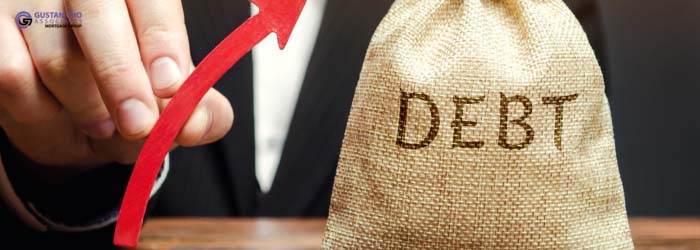
Do Charge Offs Affect DTI?
When it comes to getting a mortgage, mortgage charge offs lending guidelines can help you understand how charged-off debts work.
- Usually No: A charged off debt is not included in your DTI ratio for a new mortgage.
- Exceptions:
- Recent Charge Offs: Some lenders may still include them if they are recent.
- Payment Plans: If you’re making payments on the charged-off debt, those payments may count toward your DTI.
Most of the time, charge offs won’t hurt you when applying for a mortgage, but recent ones and payment plans can make a difference.
2025 Update: Lenders may have slightly different rules, so it’s best to check their specific mortgage charge offs lending guidelines to know how a charge off impacts your DTI.
Charge-Off on Your Credit Report? See What Lenders Look for When Approving Mortgages
Apply Online And Get Approved Even with a Charge-Off
Waiting Periods for Different Loan Types
Each loan type has a different waiting period after a mortgage charge off. Understanding these timelines can help you plan when to apply for a new loan.
FHA Loans
- Standard Waiting Period: Three years.
- Pro Tip: Use this time to rebuild your credit and strengthen your financial profile.
Conventional Loans
- Standard Waiting Period: Seven years.
- Pro Tip: If you don’t want to wait that long, consider an FHA or VA loan.
VA Loans
- Standard Waiting Period: Two years.
- Pro Tip: This is one of the fastest ways to return to homeownership after a charge off.
Key Insight: As part of the mortgage charge offs lending guidelines, waiting periods are non-negotiable for most lenders. However, changes in 2025 are making lenders more flexible, and some might offer shorter waiting periods or alternative financing options.
Legal Consequences of Mortgage Charge-Offs
A mortgage charge off has consequences for your credit score, and if you don’t deal with outstanding debt, it may result in legal problems.
Potential Legal Actions:
- Lawsuits: Your lender or collection agency can sue for the remaining balance.
- Judgments: They can garnish your wages or levy your bank accounts if they win.
- Liens: A lien may be placed on your other properties.
State Laws: Some states have laws that limit the collection of debts after foreclosure, especially onIt’smary residences. It’s important to know the laws in your state.
Quick Tip: Consult an attorney to help you navigate the legal ramifications of a mortgage charge off, especially if you need clarification on state-specific rules. They can explain these mortgage charge offs lending guidelines and help you make informed decisions about your financial options.
How to Improve Your Chances of Getting Approved for a Mortgage
A mortgage charge off doesn’t mean you’ll never own a home again. You can use several strategies to improve your chances of getting approved for a mortgage.
Rebuild Your Credit
- On-Time Payments: Make sure to pay all bills on time moving forward.
- Reduce Credit Card Balances: Lowering your credit utilization can boost your credit score.
- Avoid New Debt: Keep your debt levels as low as possible.
Negotiate or Settle the Charge-Off
- Contact the Creditor: Sometimes, you can negotiate a settlement where you pay less than what you owe.
- Get It in Writing: Always get any written agreements to protect yourself.
- Potential Benefits: Settling the debt looks better on your credit report than leaving it unpaid.
Provide Compensating Factors
- Stable Income: Showing a steady employment history helps reduce lender risk.
- Reserves: Having extra money in the bank can make you a more attractive borrower.
- Low DTI: If your DTI is low, lenders may be willing to overlook past credit issues.
2025 Tip: Remember to follow the most recent mortgage charge offs lending guidelines. These guidelines can enhance your likelihood of qualifying for a loan, even if a charge is off on your record.
Take Action and Start Your Journey Toward Homeownership
Don’t let a mortgage charge off hold you back from owning a home. At Gustan Cho Associates, we specialize in helping borrowers who have faced financial challenges get back into homeownership. We follow the latest mortgage charge offs lending guidelines to offer you the best possible loan options.
Contact Us Today:
- Call: 800-900-8569
- Email: alex@gustancho.com
We’re available seven days a week, including evenings and weekends. Let’s get started on turning your homeownership dreams into reality in 2024!
Don’t Let a Charge-Off Hold You Back – Explore Your Mortgage Options Today
Apply Online And Get recommendations From Loan Experts
Frequently Asked Questions About Mortgage Charge Offs Lending Guidelines:
Q: What is a Mortgage Charge-Off?
A: A mortgage charge-off happens when your lender decides they won’t collect the remaining balance on your mortgage and writes it off for tax purposes. However, you are still responsible for paying the balance.
Q: Can I Get Another Mortgage After a Charge-Off?
A: Yes, you can get a mortgage after a charge-off, but it depends on the loan type and how well you’ve managed your finances. Mortgage charge offs lending guidelines vary, but FHA, VA, and conventional loans have waiting periods.
Q: How Long Does a Mortgage Charge-Off Stay on My Credit Report?
A: A mortgage charge off stays on your credit report for seven years. Following the mortgage charge offs lending guidelines can help you rebuild your credit.
Q: Do Mortgage Charge-Offs Affect My Debt-to-Income (DTI) Ratio?
A: Generally, no. A charged-off debt typically doesn’t count toward your DTI ratio for mortgage approvals. However, some lenders may include it if it’s recent or you are making payments on the charged-off debt.
Q: What are the Waiting Periods for Different Loans After a Mortgage Charge-Off?
A: According to mortgage charge offs lending guidelines, FHA loans have a three-year waiting period, conventional loans require seven years, and VA loans typically have a two-year waiting period.
Q: Can I Negotiate a Settlement for My Mortgage Charge-Off?
A: You can negotiate with the lender to settle the charge for less than the total owed. However, it’s important to get an agreement in writing.
Q: Will a Charge-Off Prevent Me from Refinancing My Mortgage?
A: Remember, a charge-off can make it more difficult to refinance a mortgage. However, following the proper mortgage charge-off lending guidelines and improving your credit can increase your chances of qualifying.
Q: What are the Legal Consequences of a Mortgage Charge-Off?
A: If you don’t pay the debt, the lender or collection agency could take legal action against you to get the money. They might take some of your wages or put a claim on your property.
Q: Can a Lender Remove a Charge-Off from My Credit Report?
A: Lenders typically cannot remove a charge off from your credit report. However, you can dispute inaccuracies or negotiate with the creditor, especially if errors are found in the reporting.
Q: What Can I do to Increase My Chances of Getting a Mortgage After a Charge Off?
A: Rebuild your credit by making on-time payments, reducing debt, and maintaining a stable income. Following the 2025 mortgage charge offs lending guidelines will also help you improve your chances of approval.
This blog about “Mortgage Charge Offs Lending Guidelines And Requirements” was updated on October 1st, 2024.
FHA, VA, or Conventional?
Apply Online And Talk to a Mortgage Expert to Explore Your Options


